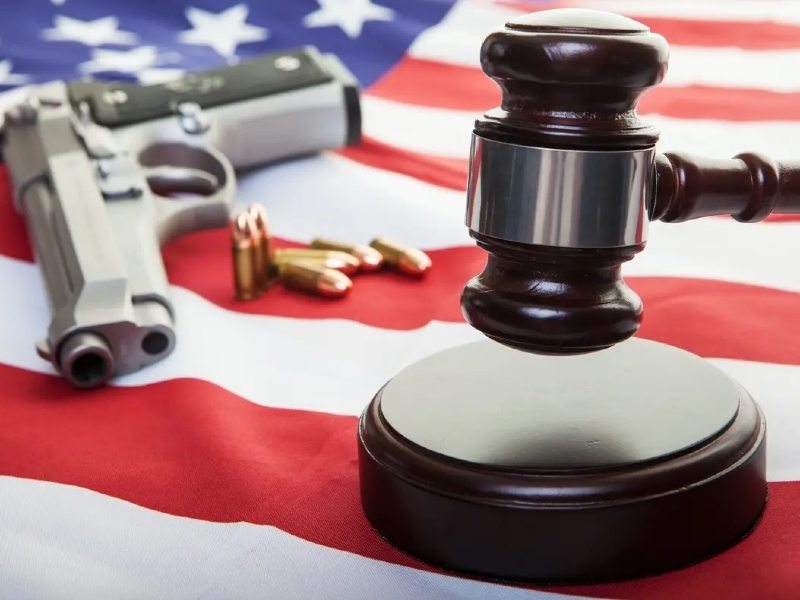Last week, Rep. Richard Hudson announced his sponsorship of HR 38, otherwise known as the Concealed Carry Reciprocity Act.
HR 38 seeks to amend Chapter 44 of US Code Title 18, which governs federal criminal policy on firearms. Therein, the majority of use-of-force, carry, and firearm regulation is left for the states to interpret. Chapter 44 empowered the states to create more restrictive hurdles toward concealed carry, and in these fifty states, we see fifty different interpretations—some more draconian than others. Currently, half of the Union recognizes constitutional carry; some states remain shall-issue permit states, and others such as California and New York, are may-issue states.
This complication across state lines is compounded by smaller political jurisdictions with their own laws and the fact that one state’s concealed carry permit may not be valid in another. For example, my resident Louisiana concealed carry permit is valid in the constitutional-carry Arkansas and Mississippi, while Florida will only honor Louisiana permits granted to Florida residents, and New Mexico will not recognize it at all.

HR 38 intends to supersede state laws to make any concealed carry permit valid in any state that “has a statute under which residents of the State may apply for a license or permit to carry a concealed firearm or does not prohibit the carrying of concealed firearms by residents of the State.” (HR 38, Sec. 2. Sub. A). The proposed law does not prevent private citizens from barring carry in private places or loosen the regulation of firearm possession on State and Federal property.
Likewise, HR 38 is intended to allow unprohibited nonresidents concealed carrying in: a unit of the National Park System, National Wildlife Refuge System, BLM public lands, and lands administered by the Army Corps of Engineers, the Bureau of Reclamation, and the Forest Service. (Sec. 2, Sub. F)
Tim Schmidt of the United States Concealed Carry associated proclaimed Hudson’s announcement of HR38 as “long-overdue legislation would represent a step in the right direction towards modernizing America’s concealed carry laws to ensure responsible gun owners can avoid danger and save lives.”

The Concealed Carry Reciprocity Act has been criticized as a means to usurp state protections against gun violence. When initially introduced in the House in 2017, some, such as the California Partnership to End Domestic Violence, saw it as a poison pill to the then-ongoing Fix NICS debacle to establish broader guidelines for domestic violence offenses to be databased for firearms background check determinations. They claimed that HR 38 would allow criminals to “shop around” for a state with weak concealed carry permitting laws and be able to circumvent states with strong “safety” laws.
“HR 38 guarantees the Second Amendment does not disappear when crossing an invisible state line.” Hudson remarked. The five-term representative from North Carolina’s 9th Congressional District is no stranger to concealed carry reciprocity. In 2017, he introduced the bill that passed a House vote 231-198; from there it went to the Senate and died in committee purgatory, never making it up for a vote.
HR 38 was cosponsored in the previous Congress by 203 House representatives; 199 Republican lawmakers including Lauren Boebert of Colorado, Matt Gaetz of Florida, and Marjorie Taylor Greene of Georgia. There are also four democrats: Henry Cuellar and Vicente Gonzalez of Texas, Sanford Bishop Jr., of Georgia, and Jared Golden of Maine.
The bill for consideration in this Congress has 118 cosponsors at present and is awaiting assignment to committee, a floor vote, and an uncertain future in a Democrat-controlled Senate.

